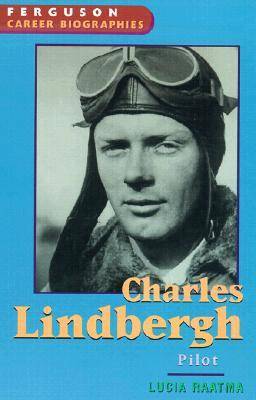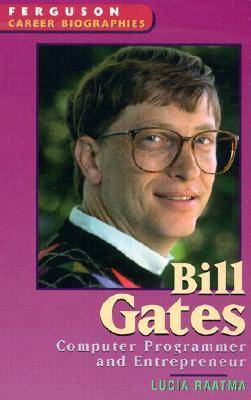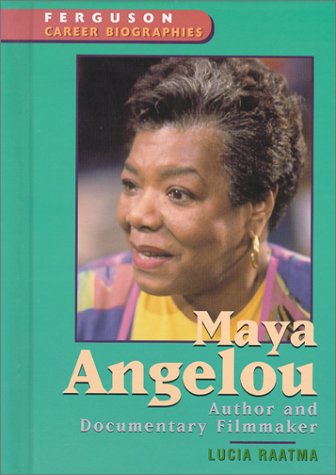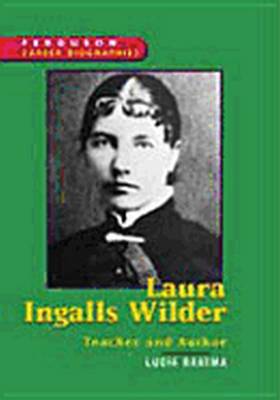Ferguson Career Biographies S.
4 total works
Ferguson's Career Biographies tell the stories of some of the world's most influential and admired people. This book focuses on Charles Lindbergh, looking at his early education and training, the challenges he faced on the job, important mentors and his career achievement.
Ferguson's Career Biographies tell the stories of some of the world's most influential and admired people. This book focuses on Bill Gates, looking at his early education and training, the challenges he faced on the job, important mentors and his career achievement.
The aim of this book is to teach you to understand and speak Welsh as it is spoken today. In order to achieve this, the language introduced is centred on a wide range of realistic, everyday situations. The course covers the four basic skills - listening and speaking, reading and writing, with recorded material to accompany your work and provide you with the essential opportunity to listen to native speakers and speak it yourself. Key structures and vocabulary are introduced in 21 thematic units preceded by an alphabet and pronunciation guide, a mutation chart for quick reference and a map of Wales.
Delves into the complex and often fascinating relationships Wilder formed throughout her life that led to the writing of her classic Little House series. Using Wilder’s stories, personal correspondence, an unpublished autobiography, and experiences in South Dakota, Hill has produced a historical-literary biography of the famous and much-loved author. Following the course of Wilder’s life, and her real family’s journey west, Hill provides a context, both familial and literary, for Wilder’s writing career.
examines Wilder’s inspirations as a writer, particularly her tumultuous, but ultimately successful, professional and personal relationship with her daughter—the hidden editor—Rose Wilder Lane. Wilder produced her timeless classics with the help of, but not reliance upon, her daughter’s editorial insights. Over the course of more than thirty years, Lane and Wilder engaged in a dynamic working relationship, shifting between trust, distrust, and respect. Hill argues that they differed in their visions of the path Wilder’s career should follow, but eventually Lane’s editing brought out the best of her mother’s writing, and allowed her creativity, expression, and experiences to shine through.
examines Wilder’s inspirations as a writer, particularly her tumultuous, but ultimately successful, professional and personal relationship with her daughter—the hidden editor—Rose Wilder Lane. Wilder produced her timeless classics with the help of, but not reliance upon, her daughter’s editorial insights. Over the course of more than thirty years, Lane and Wilder engaged in a dynamic working relationship, shifting between trust, distrust, and respect. Hill argues that they differed in their visions of the path Wilder’s career should follow, but eventually Lane’s editing brought out the best of her mother’s writing, and allowed her creativity, expression, and experiences to shine through.



